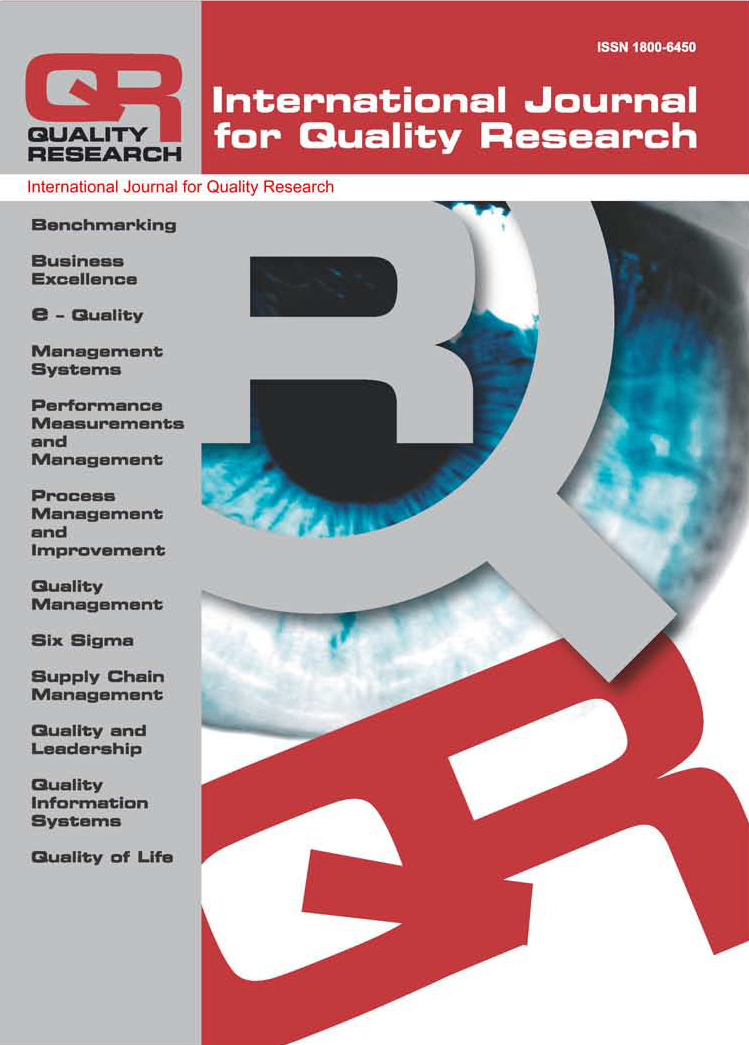QUALITY OF HUMAN CAPITAL OF DEVELOPING COUNTRIES: MEASURING AND MANAGEMENT
Vladimir S. Osipov, Veronika V. Yankovskaya, Mikhail Yu. Zakharov, Tatiana M. Vorozheykina
Abstract: The goal is this paper is to study - thoroughly and systemically - the experience of developing countries in human capital management, determine its most perspective directions, and prepare the methodological recommendations for the most precise measuring and applied recommendations for the most effective management of human capital quality in developing countries. The originality of this paper is due to a new treatment of human capital quality - from the positions of the contribution to socio-economic development. According to a new treatment, an authors' methodology of evaluation of human capital quality in developing countries is developed. Its application allows proving the imperfection of the existing approach to the management of human capital quality in developing countries and low quality in 2020 (below 0.3 for all countries, and 0.07 on average). For developing countries in the period until 2030, it is recommended to focus on the most perspective directions: increase of the level of digital/technological skills (weight: 0.25), an increase of employee training (weight: 0.17), international experience (weight: 0.14), and increase of foreign highly skilled personnel (weight: 0.14). According to the optimistic scenario, the quality of human capital will grow in most directions in developing countries in the period until 2030, which will ensure the increase of output per worker by 37.06%, economic growth rate by 26.92%, the Global Competitiveness Index by 25.07%, and the Quality of Life Index by 13.23%.
Keywords: Quality of human capital; Development of education; Developing countries; Measuring of quality; Management of quality
DOI: 10.24874/IJQR16.02-09
Recieved: 30.06.2021 Accepted: 11.11.2021 UDC: 005.6
Reads: 1560 







